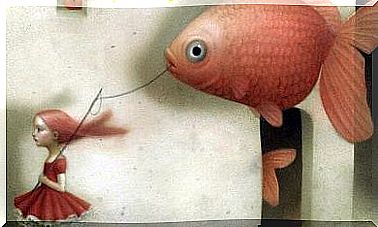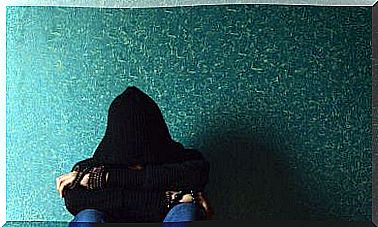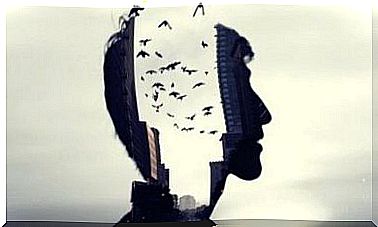Everyone Makes Mistakes, But Few Apologize

Making mistakes is human. It’s also an amazing way to grow in humble ways and realize that life is a never-ending learning process. It is also wise to accompany every failure, neglect, and insult with an apology. This is a strength that many should better put into practice.
This internal mechanism of self-evaluation through which we realize we haven’t done the right thing is ruled by the well-known lodger ego. There is actually no worm greater than the ego, which is only focused on protecting this dimension, far from empathizing with the injured person.
Making mistakes is common, but asking for forgiveness is a habit that very few cultivate. Therefore, I consider a person noble who has the maturity to say “ I was wrong ” and the courage to ask my forgiveness while looking me in the eye.
If you think about it carefully, you will realize that we use the term “sorry” almost every day. When we bump into someone, when we interrupt a friend in their activities or interrupt them in a conversation. However, there are very few people who take the blame on themselves when they commit a mistake in some delicate or profound aspect of their life. Very few bring in, “ I’m sorry, I screwed up. Please excuse that . “ Emerged.
But why is it so difficult for us? We invite you to think about it.
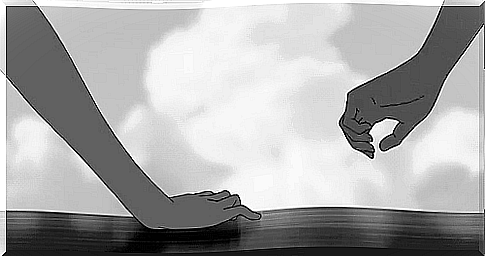
Making mistakes, a human trait
All of us are wonderfully flawed. Far from viewing a mistake as negative, we should appreciate the mistake in all of its grandeur and detail in order to learn a lesson from it. Because a mistake is nothing more than an invitation to improve.
Now we also know that there are these and those mistakes. There are times when we make mistakes that are nothing more than doors to self-discovery, as James Joyce said. Science, in particular, knows these incredible chance discoveries, those moments when researchers made an innovative discovery just because they made “a mistake”.
This human trait takes on a more complex form when making a mistake becomes synonymous with insulting, humiliating other parties. These situations become even more intense when the person repeats the insult. Possibly due to pride or emotional immaturity.
A society that punishes mistakes
We live in a society that rarely apologizes. And when we do, we sometimes show the immaturity mentioned earlier. There are people who ask for forgiveness via WhatsApp. Or even those who publish their apologies on social networks so that the person concerned has no choice but to give in in front of all followers and friends.
We also live in a social scenario where children are taught that it is bad to make mistakes. In the current educational system, failure of a student is something to be punished. In this way, the child learns defense mechanisms from an early age in order to hide his mistakes. Nobody should see what was not done right in order to protect their self-confidence. And that’s where the vicious circle begins: If I can’t or don’t want to see my mistake, then I don’t have to apologize.
We gradually lost the ability to apologize. It has been replaced by the act of covering up because of an inflated ego. We all let wonderful opportunities to learn and grow pass us by. This is so because from childhood we see mistakes as something negative and punishable.
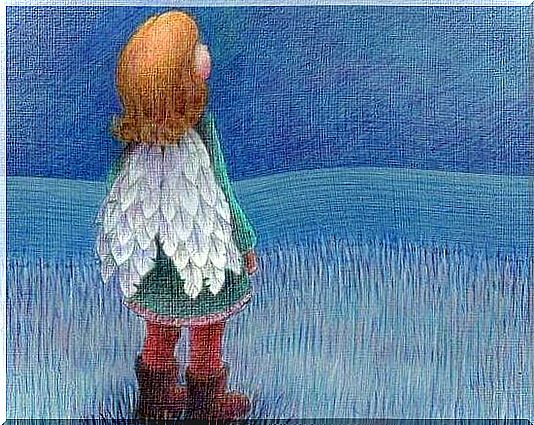
The strength of knowing how to apologize for a mistake and how to forgive it
Authentic forgiveness, the kind that heals and closes, is not limited to a simple act of altruism. Forgiveness is above all a question of attitude and a clear choice to be courageous. It is the acknowledgment of harm to show the person in front of us that we are aware of what they have done.
We should also be aware of the fact that not every “I’m sorry” counts. Not everyone who asks forgiveness is forgiven. Even so, it is important that we are able to forgive.
To learn how to apologize and how to forgive, follow these steps:
- Break down prejudices. Our society associates the act of apologizing with weakness. It is time, therefore, to dispel all of these prejudices. Time to understand that there is none more courageous than those who cover themselves with humility and apology.
- Visual contact and assertiveness will help you avoid falling into false justifications. You have to look the person you wronged in the eyes to be able to clearly state that you were wrong.
- Take responsibility for what you did.
- Repentance, in order to be credible, must always be accompanied by a clear will to repair the damage.
- Forgiveness must be offered without drama and with the appropriate empathy.
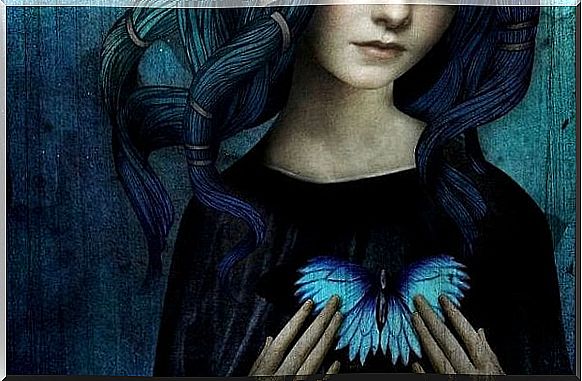
People often say that the one who apologizes first is the bravest and the one who offers forgiveness is the most modest. But the truth is, our greatness lies in learning from all of these choices. Because there is nothing that teaches you more than to make a mistake. And there is nothing more precious than knowing how to ask and forgive for forgiveness.


